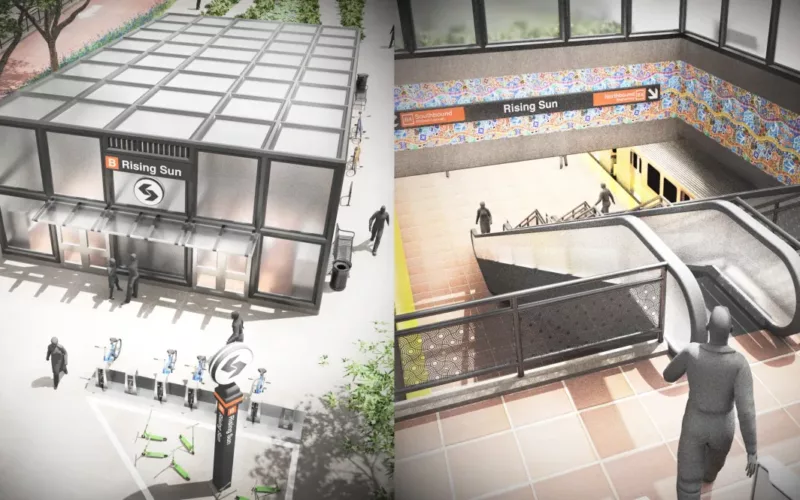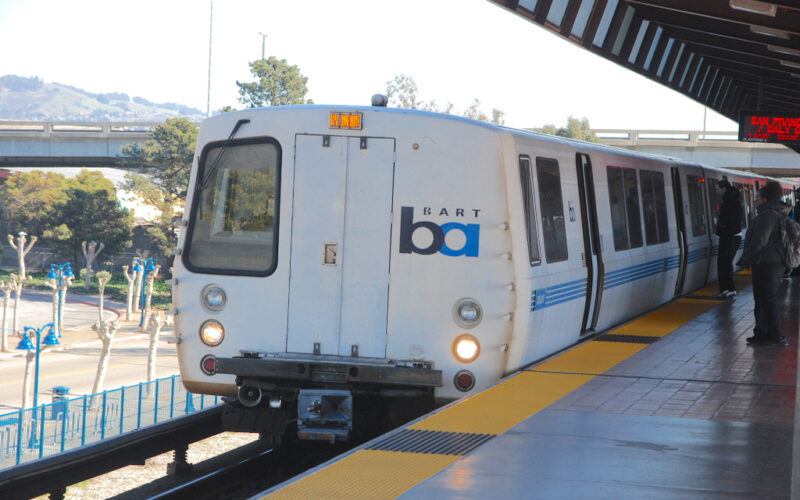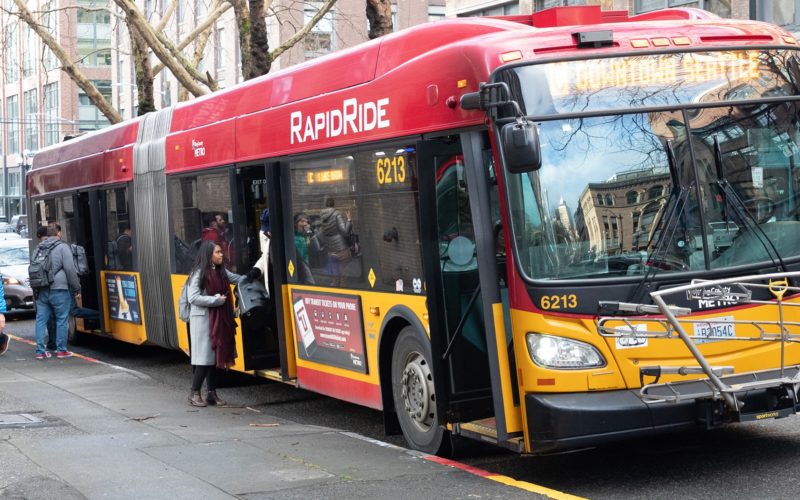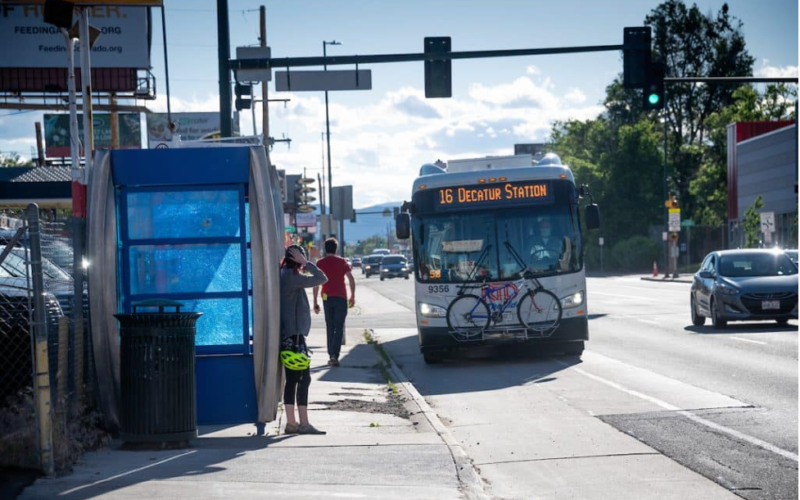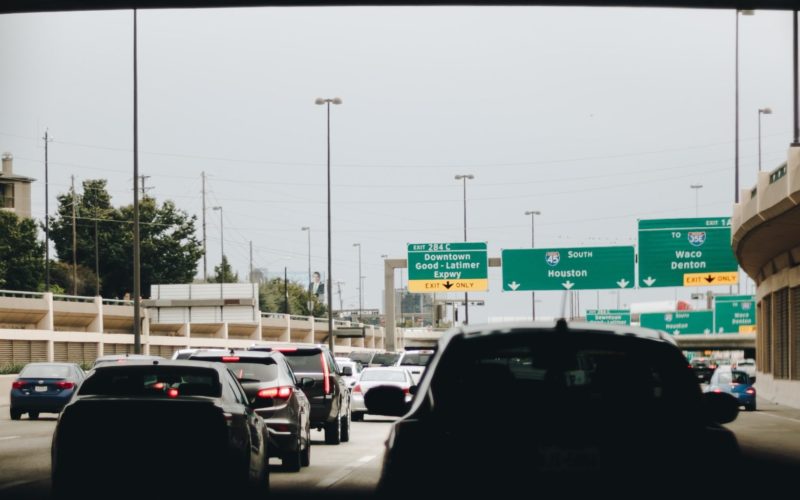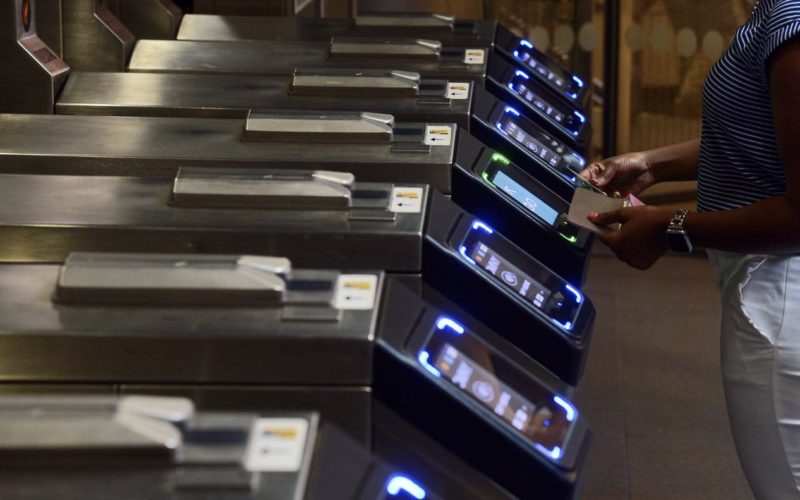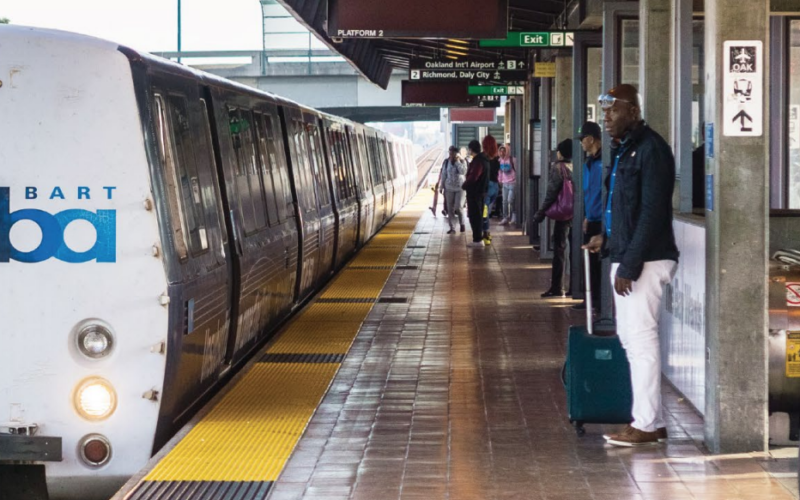By expanding public transportation and rail, and by planning our communities in ways that let people meet their needs with biking, walking, and shorter driving trips we can make the clean energy transition more achievable and affordable.
Read MoreTransit advocates, organizers, and riders are calling on local and state agencies along with the USDOT to advance projects designed to improve the mobility of Black and Brown individuals at a time when there is unprecedented funding and an equitable framework to transform transportation infrastructure, support the climate, and right historic injustices.
Read MoreA major legislative accomplishment in Minnesota exhibits the political clout of coordinated efforts between transit and climate advocates.
Read MoreMany transit agencies are facing looming budget shortfalls as federal relief money dries up and ridership has stabilized well below pre-COVID levels. Now is the moment to completely rethink how we fund transit.
Read MoreAs transit agencies grapple with significant ridership losses during the COVID-19 pandemic, many are looking to bring back riders by selling fare passes in bulk to employers, schools, and other large institutions.
Read MoreThis post was written by guest contributor James Brasuell. Across the nation, many state-level elected officials talk about reducing transportation...
Read MoreThe FHWA's proposed Greenhouse Gas rule can help to prioritize more funding for transit and active transportation by requiring states and cities to set carbon emission reduction targets for transportation.
Read MoreBy analyzing subway swipe data, we found that adding a 30-day option to the MTA's fare-capping pilot would benefit the riders who need fare relief the most.
Read MoreCalifornia may be on the verge of a breakthrough that makes it a national model for states to reduce greenhouse gas emissions from the transportation sector.
Read More
